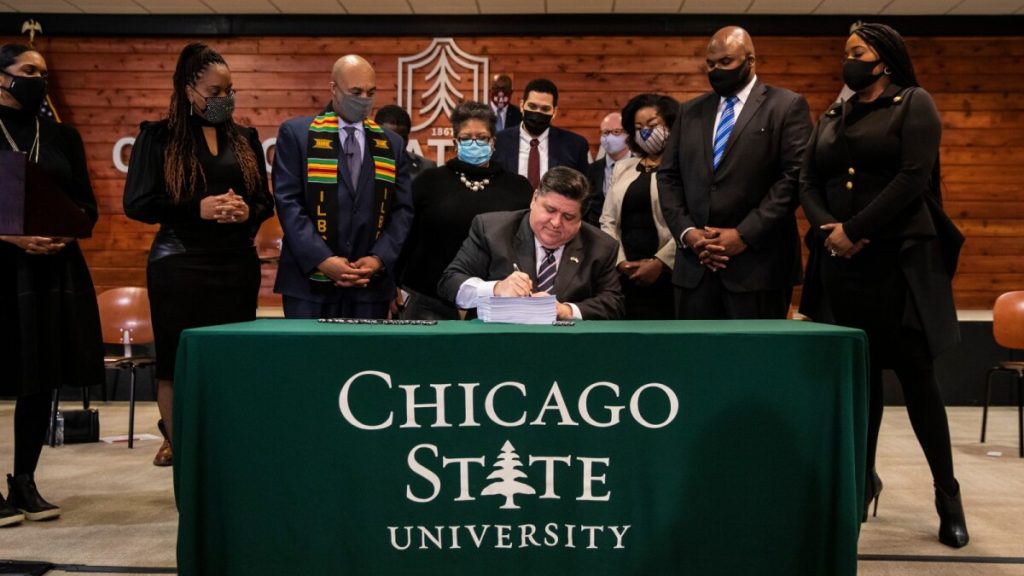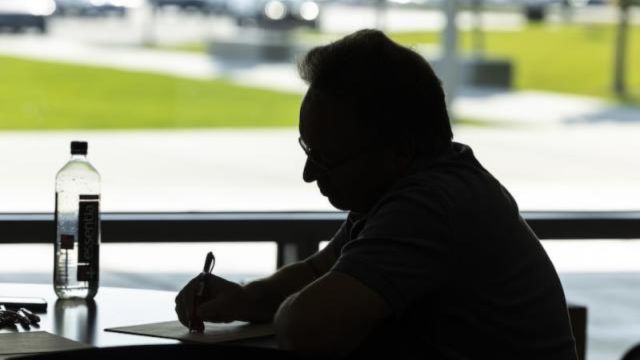Illinois is considering a groundbreaking plan to stabilize and restructure higher education funding. The proposed initiative, developed by the Illinois Commission On Equitable Public University Funding, outlines a substantial $1.4 billion increase in taxpayer support for four-year campuses over the next 10 to 15 years.
With an annual goal of a 12% funding boost, the plan aims to reshape funding models, reduce tuition reliance, and address historical disparities, particularly for underrepresented students.
The unique aspect of the proposal lies in its formula, devised by a collaborative effort involving lawmakers, educators, advocates, and researchers. This formula takes into account the demographics of students and the institutional mission of each university to determine their funding needs.
If enacted, this could make Illinois a pioneer in the national dialogue on quantifying funding adequacy for public universities.
Under this formula, universities like Chicago State and Governors State, serving a higher percentage of underrepresented students, would receive additional funding. The objective is to reverse decades of disinvestment that have disproportionately affected Black, Latino, and low-income students.

However, the proposal faces challenges, including its significant financial implications and the need for legislative approval. Since 2000, state spending on public universities in Illinois has declined by 46%, contributing to increased tuition costs.
Related Articles:
- U.S. Education Department Investigates School Following Tragic Incident
- Texas Republicans Face Tough Challenges in Education-Focused Runoff
- Empowering Educators: Georgia Education Dept. Allocates $30M for Literacy Coaches!
While the proposal has yet to be introduced as a bill, it represents a bold step toward creating a fairer, more sustainable higher education funding model in Illinois.















+ There are no comments
Add yours